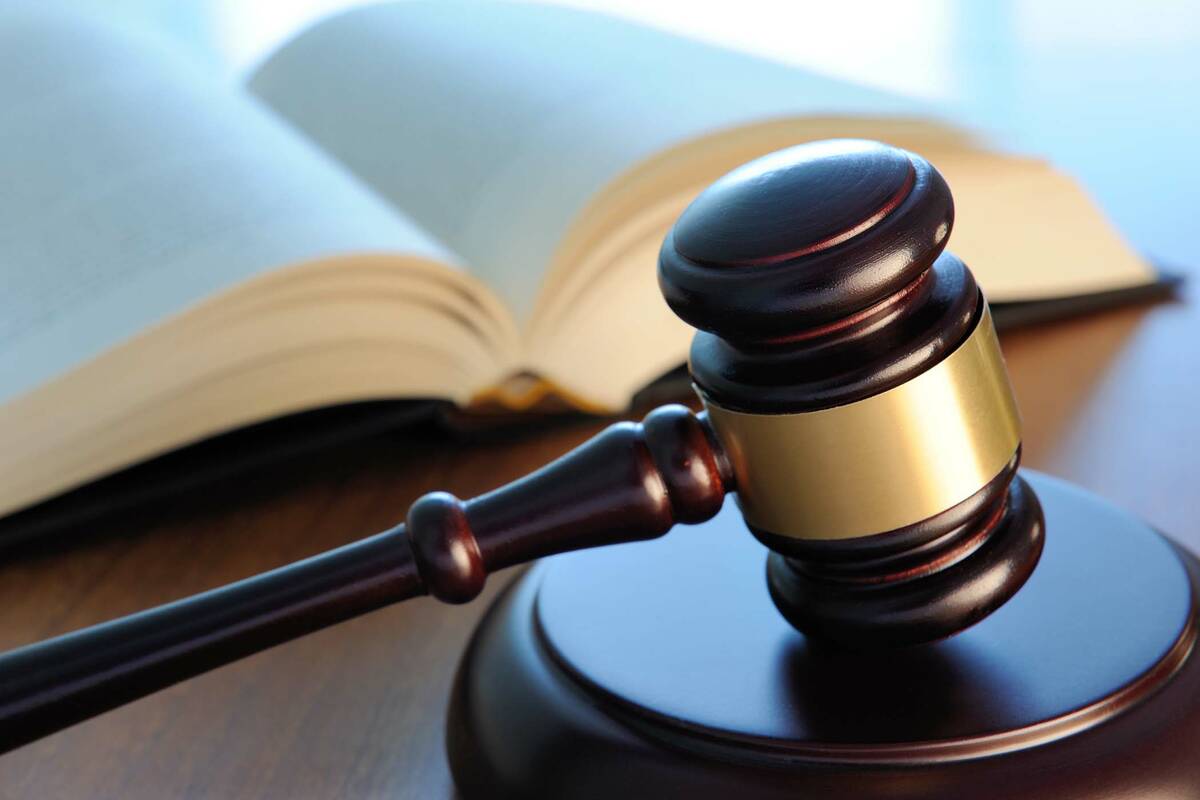EDITORIAL: Judge keeps tax-raising questions off the ballot
A Carson City judge has determined that Nevada voters will not have the opportunity to pass judgment on two tax hike initiatives after the sponsors decided they no longer wanted them on the ballot. The ruling ignores the language of the state constitution in order to avoid political controversy.
The decision by District Judge James Wilson involves a push by the Clark County Education Association to raise the state’s gaming and sales taxes to generate money for public schools. The petition drives for both measures were successful in 2020.
But the union’s ulterior motive was to goad lawmakers into action. Under Nevada law, certified petitions first go to the Legislature. If lawmakers take no action or reject the proposals, they then appear on the ballot.
Democrats in the 2021 Legislature wanted no part of boosting either tax and giving Republicans an election issue. Instead, they approved a more politically palatable mining tax hike to increase school funding. The union then agreed to withdraw the ballot questions, and lawmakers passed a statute allowing sponsors to pull initiatives that had previously been qualified.
But there was a problem: The statute runs counter to a constitutional provision demanding that the secretary of state “shall” submit such petitions “to a vote of the voters at the next general election.” The constitution is silent on allowing an initiative to be pulled once it has qualified for the ballot and the Legislature has refused to act on it. Secretary of State Barbara Cegavske thus concluded that the proposals would go to voters in November regardless of the union’s change of heart. The petition sponsors sued.
The political stakes are significant. Republicans believe and Democrats fear that the two proposals would help drive anti-tax GOP turnout in November. At the same time, the casino industry would prefer that the gaming tax question went away.
In his ruling, Judge Wilson recognizes that the issue revolves around the constitutionality of the statute allowing petition withdrawals. He squares the circle by proclaiming his deference to the Legislature and concluding that the law “must be read in harmony” with the state constitution. He reasons that the “ability to withdraw a petition can also save valuable time and resources for Nevadans.”
That may indeed be true, but it has nothing to do with the matter at hand: Does the statute abide by constitutional parameters? In this case — regardless of the political consequences — the answer is no. Rather, it is in clear conflict with the codicil directing that the secretary of state “shall” put these petitions before voters. In such instances, the constitution must prevail over a hastily crafted statute.
If lawmakers want to amend the state constitution to create an exit ramp for qualified petitions, fine. Until then, Ms. Cegavske should appeal Judge Wilson’s ruling.






















